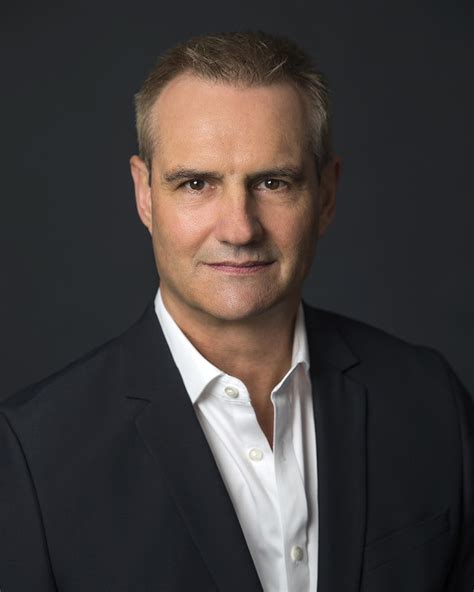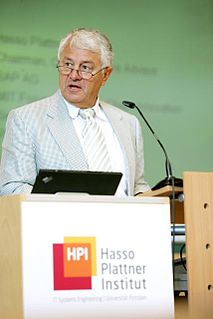A Quote by Ren Ng
Yes, we are a producer of cameras, but we understand that at the end of the day, you have to make photos in software. A lot of companies focus on the camera side, and a lot are on the software side. There's a chasm between the two.
Related Quotes
Microsoft Research has a thing called the Sense Cam that, as you walk around, it's taking photos all the time. And the software will filter and find the ones that are interesting without having to think, 'Let's get out the camera and get that shot.' You just have that, and software helps you pick what you want.
I'm not of the opinion that all software will be open source software. There is certain software that fits a niche that is only useful to a particular company or person: for example, the software immediately behind a web site's user interface. But the vast majority of software is actually pretty generic.
Director Park asking that if there was a pocket on one side of the piece of clothing then there should be a pocket on the other side. They were a little uncomfortable to wear, yes, because there were a lot of tight, high-waisted things so it was great at the end of the day to slip into some pajamas!
































